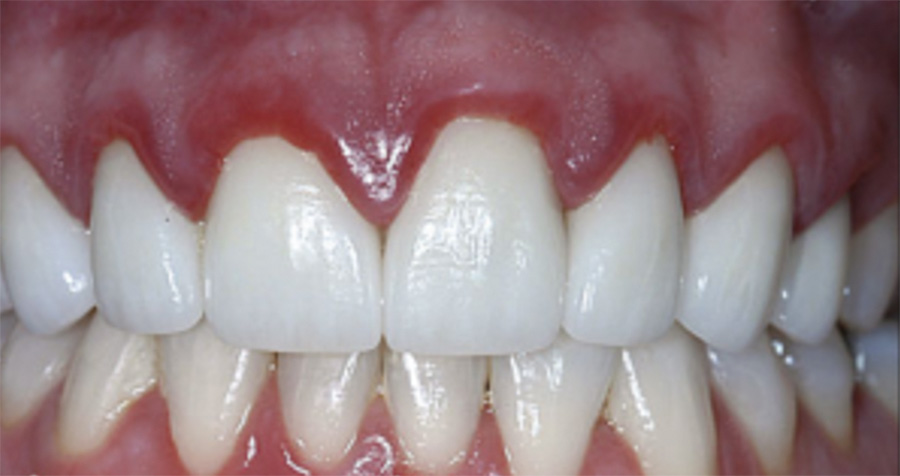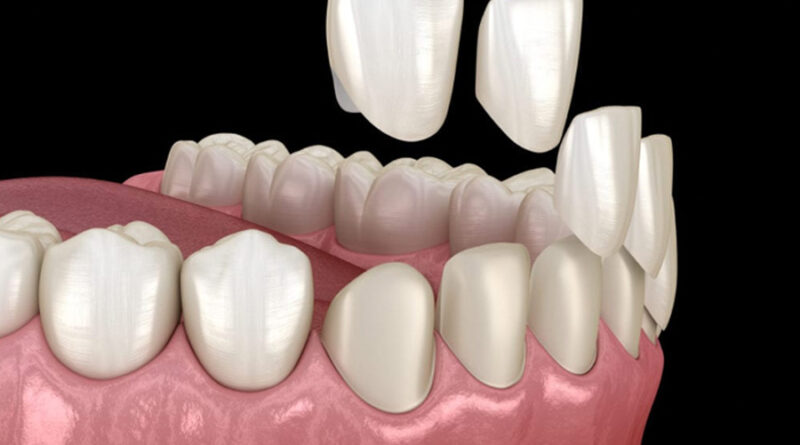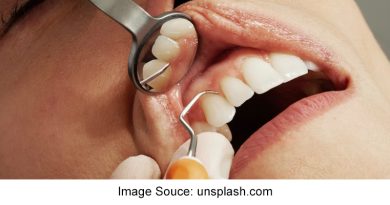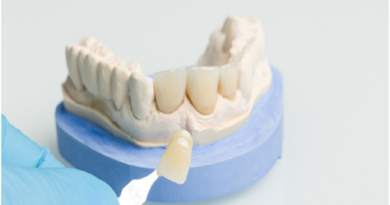How Is the Treatment of Coated Tooth Infection?
If the tooth has not had root canal treatment before placing the crown, the tooth will still have nerves going into it. Your dental crown may put pressure on the damaged nerve, and if an infection occurs, it can cause pain. One cause of infection can be a previous improper filling that may leak, resulting in bacteria infecting the nerve root. If you feel pain and discomfort in your teeth, you should see a dentist so that the dentist can evaluate your oral health and offer you a solution to the problem.
The Size of Your Dental Crown May Not Be Suitable
As a dentist offering dental veneers in Toronto says, the main point of a dental crown is to provide you with a new biting surface and cover your tooth with a new, strong material to fully bond with it, protect it, and make it look its best. By removing a thin layer, the dentist prepares your tooth for the new crown so that the crown does not add bulk or height to your tooth. Despite all the care that goes into designing a crown and getting it perfectly sized, sometimes a crown can be too long on your tooth. As for the chewing surfaces of the teeth, the slightest misalignment of the veneer can cause discomfort when biting or chewing.
Your Tooth Nerve May Be Inflamed
In some cases, the pain of a veneered tooth is not related to the veneer but to the root of the tooth. Advanced dental infections can cause damage and inflammation of the dental pulp (nerve). Symptoms of an advanced infection that may require root canal treatment include:
- Severe pain when chewing
- Prolonged toothache in response to hot and cold temperatures
- Tooth discoloration
- Unpleasant taste in the mouth
- Soft and swollen gums around the teeth
- Abscess or discharge of pus around the damaged tooth and gum
Gum Tissue May Be Irritated
Preparing and placing dental veneers is a simple procedure that is done almost without complications. It is a dental procedure that involves your teeth and can even affect your gums where the crown comes into contact. If you experience discomfort in the first few days after placing the new crown, it may simply be the result of irritation, inflammation, and sensitivity of the gums.

You May Have Grinding Teeth
Pain in the area of dental treatment—both new and old—as well as damage to the veneers, is a common symptom of a condition known as sleep grinding. Grinding teeth in a dream means that you clench your jaw tightly and pull your teeth together. (It may also happen while awake.) The abnormal pressure of the closed jaw and grinding teeth is so intense that it damages the tooth enamel and causes pain in the teeth, jaw, face, neck, and even headache and sleep disturbance.
Many people are unaware that they are experiencing teeth grinding in their sleep and attribute these symptoms to a wide range of other causes. Your dentist can suggest several options to protect your veneers and reduce grinding habits and associated symptoms. A simple solution can be the use of a suitable and customized night guard or minor changes in the chewing surface of the teeth.




